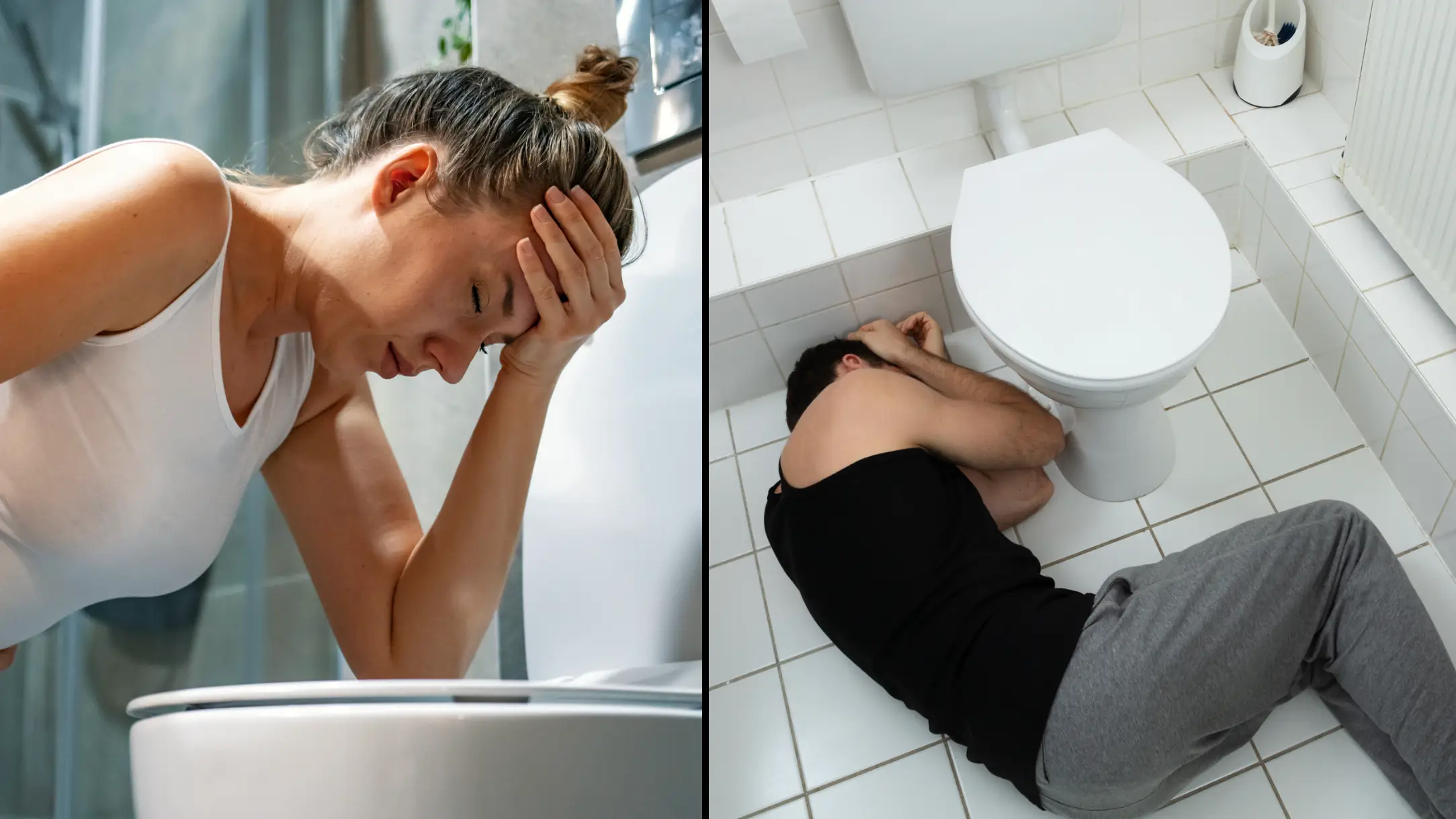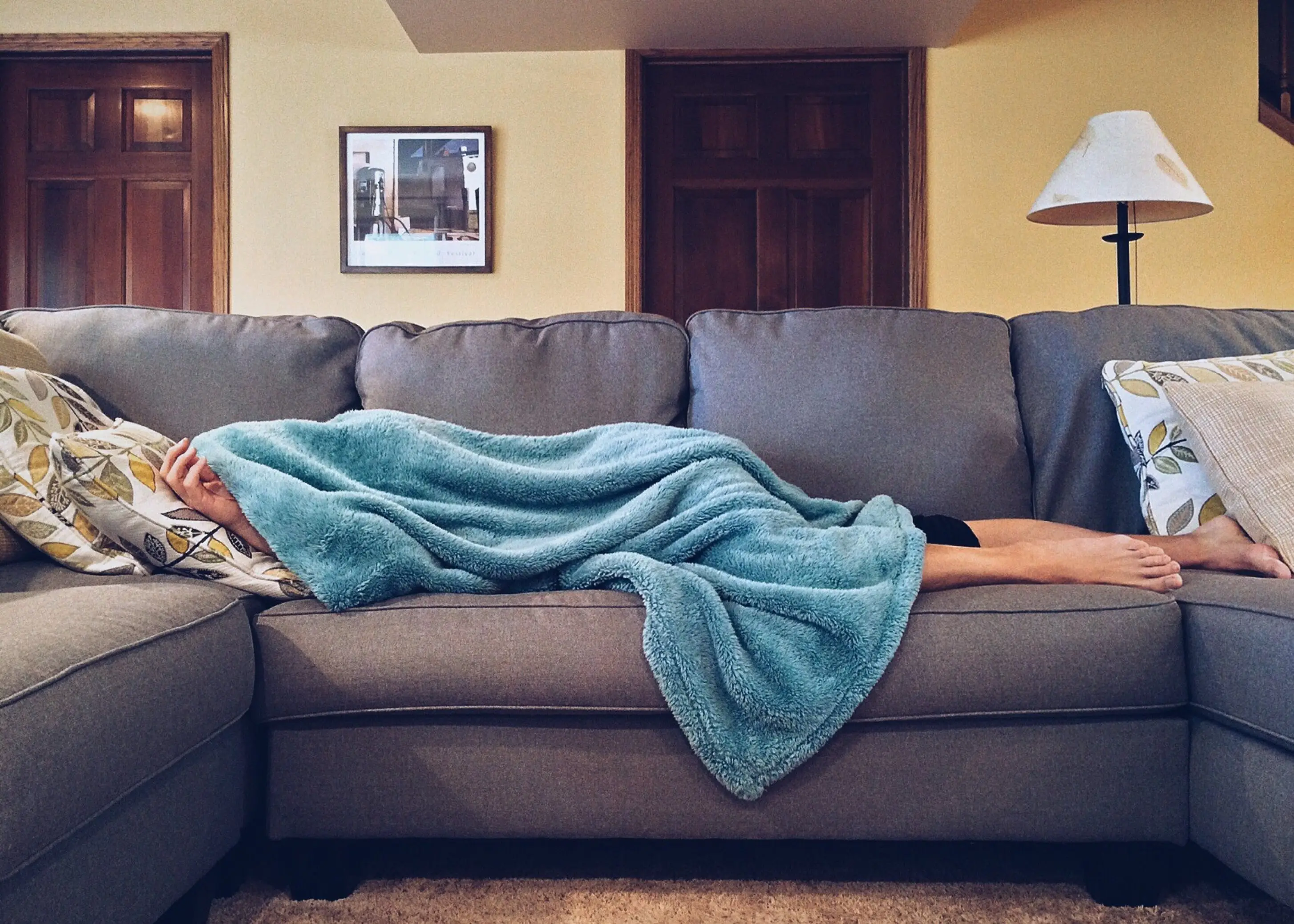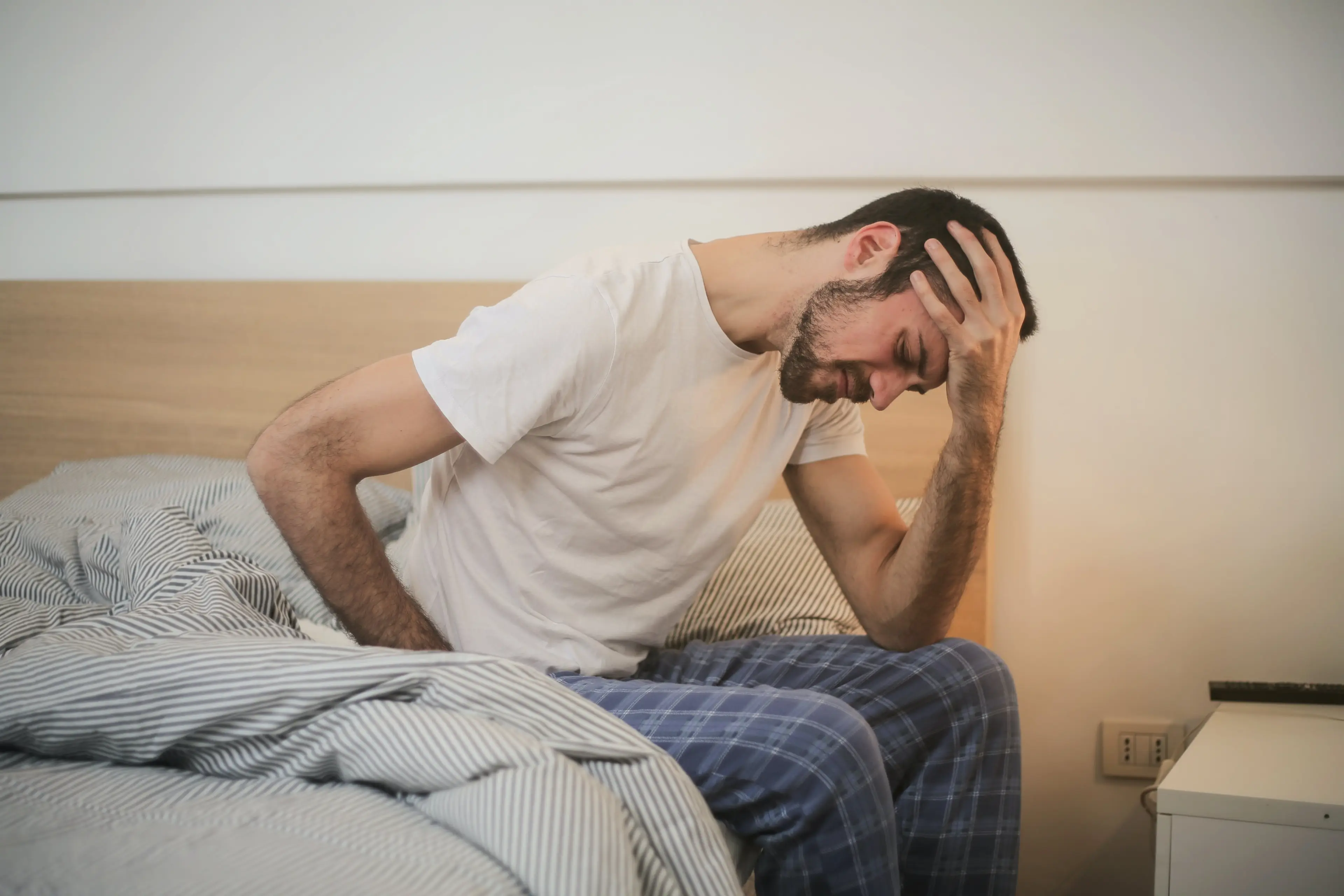
A doctor has shared some advice for those who may have woken up feeling unwell this morning.
Now, waking up feeling a bit worse for wear on Boxing Day is hardly an unusual occurrence but I’m not talking about a hangover and indigestion, because this Christmas, a winter vomiting bug is doing the rounds that is leaving people really unwell.
Brits were warned to avoid cooking Christmas dinner if they began to experience symptoms as the bug is contagious - and no one wants norovirus for Christmas.
Advert
Norovirus comes from the faeces (poop) and vomit of people who have it, and if they don't clean up properly, then they can end up spreading it around.
The virus will get on things their not fully washed hands have touched, meaning the vomiting bug can infect food, water and surfaces.
The main symptoms to be aware of are throwing up and diarrhoea, as well as a high temperature, headache and aches and pains throughout your body.
To put it bluntly, you’ll feel like s**t until it passes.
And if you do have it, a doctor has shared what you need to do until it clears off.

Dr Lesley Larkin, Interim Deputy Director, Gastrointestinal Infections and Food Safety (One Health) Division at UKHSA told the Mirror: "Norovirus cases continue to rise, especially among those 65 and older and in care homes.
"If you have norovirus or any other stomach bug that causes diarrhoea and vomiting, you can take steps to avoid passing it on to family and friends over the festive period.
"Don’t prepare food for others if you have symptoms or for 48 hours after symptoms stop.
"Many of us will be travelling for Christmas, but you should avoid visiting people in hospitals and care homes to avoid passing on the infection in these settings.

"Do not return to work or school once term restarts, until 48 hours after your symptoms have stopped.
"Washing your hands with soap and water and using bleach-based products to clean surfaces will also help stop infections from spreading."
Thankfully, although its brutal, the norovirus can usually be treated at home with plenty of rest and fluids - and the good news is, the NHS says that most people will start to feel better within two to three days.
Of course, if you have any concerns, then it might be a good idea to call 111 for advice.